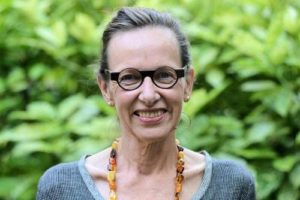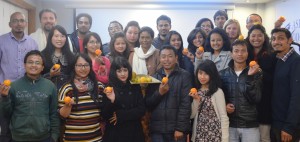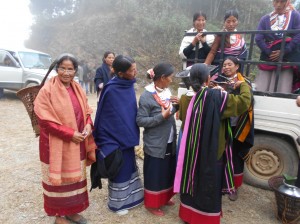Foraging still remains an integral tradition of many small communities worldwide. In rural Meghalaya, foraging is a practice that goes hand in hand with the preservation of indigenous food traditions and as well as the protection of agrobiodiversity.
In Anupama Chandrasekaran’s latest episode of her podcast for Newsreel Asia, ‘Eat Different’, the importance of foraging in Khasi communities in Meghalaya is highlighted through three NESFAS community members. The thirty-minute audio podcast titled “Foraged plants and insects – food gems of indigenous people” explores the various food habits and foraging practices of indigenous people from around the country.
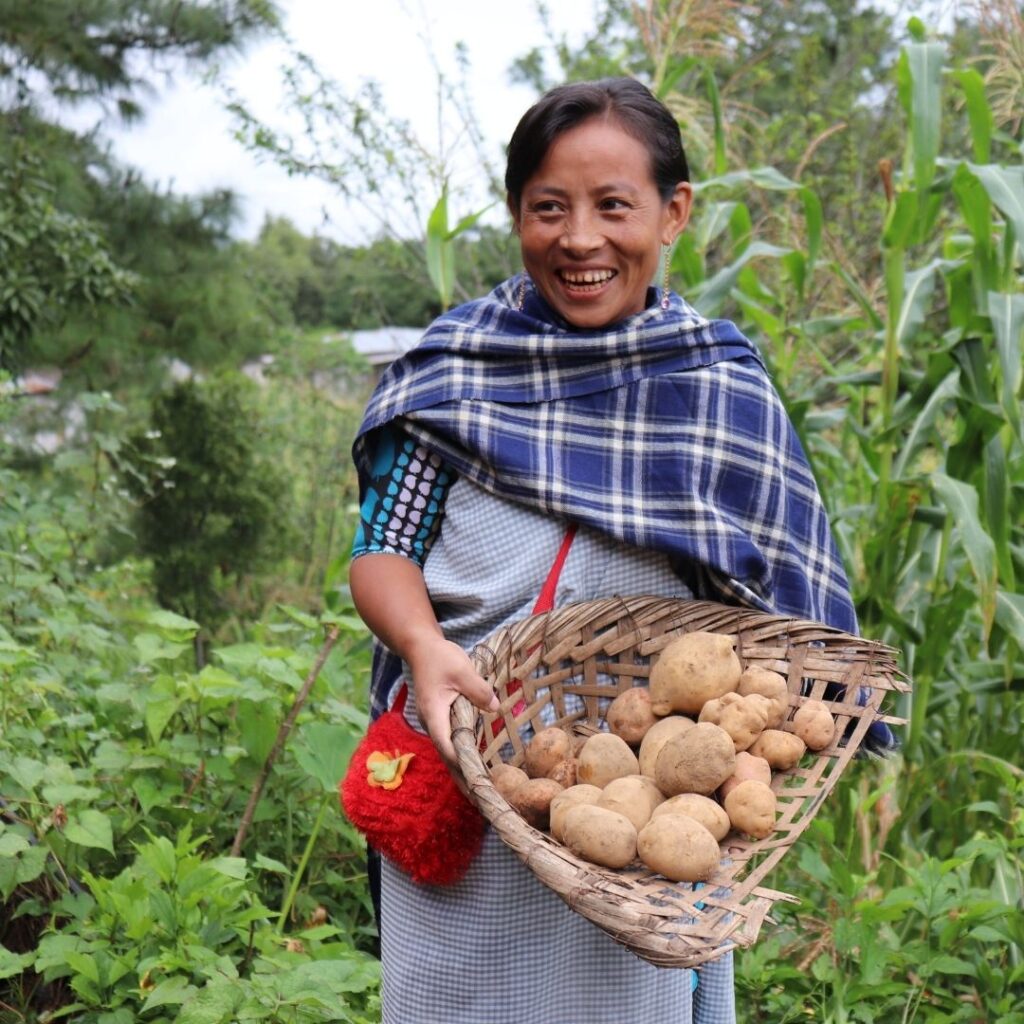
The first bit on Meghalaya comes in the 10:50-11:30 timeline/minute of the podcast whereKong Bisikrin Marweiñ sings a Phawar (couplet) about a particular food called Jaraiñ (grains of Common Buckwheat). The couplet narrates the story of how the people from West Khasi Hills ate Jaraiñ with potato and dry fish as a staple food when rice was scarce. The song also further questions the younger generations why they are embarrassed to eat a food that is very healthy and one that has sustained them in times of famine/food scarcity.
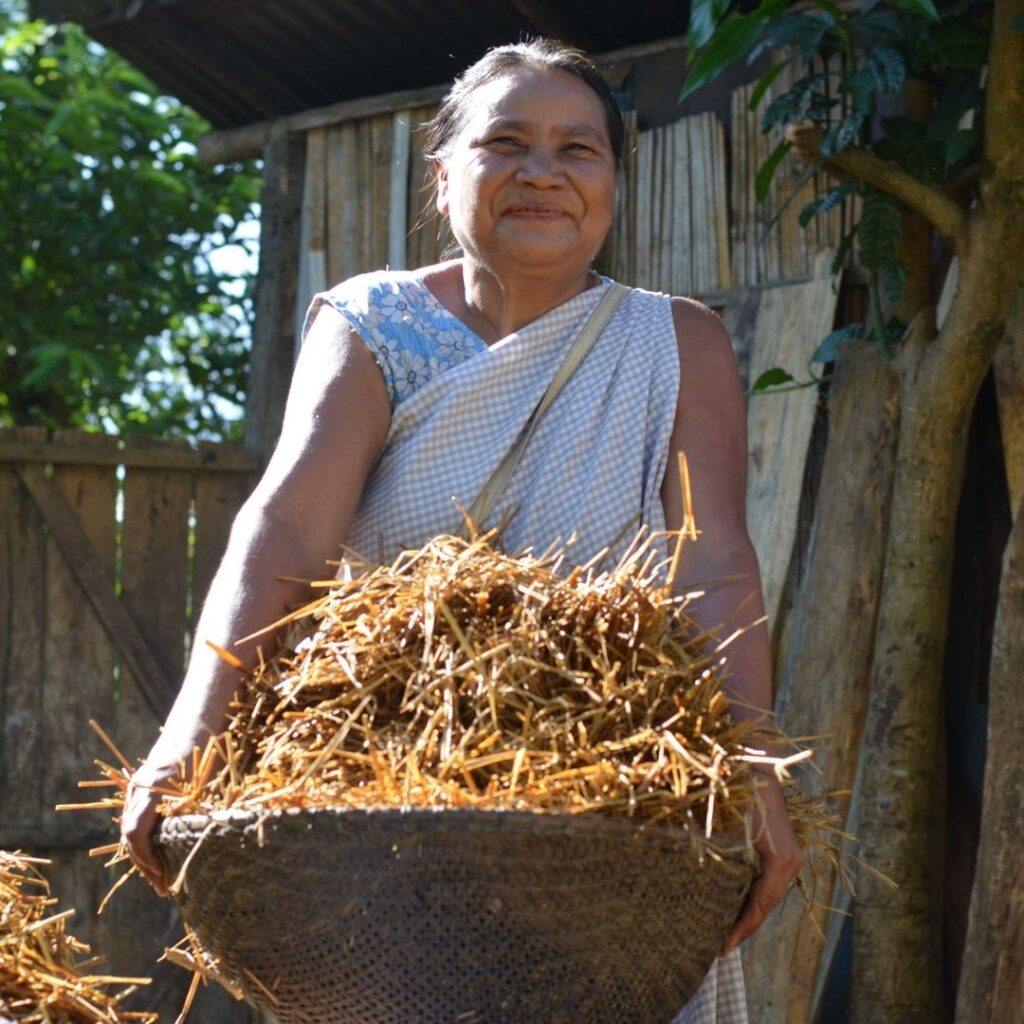
Then, Kong Plantina’s story about her Mei Ramew cafe and how she uses foraged wild edibles as a side dish for every meat dish she cooks is narrated in detail from 13:00-14:13. ‘Jhur Khlo’, which is the Ri-Bhoi term for these foraged plants, is also mentioned here.
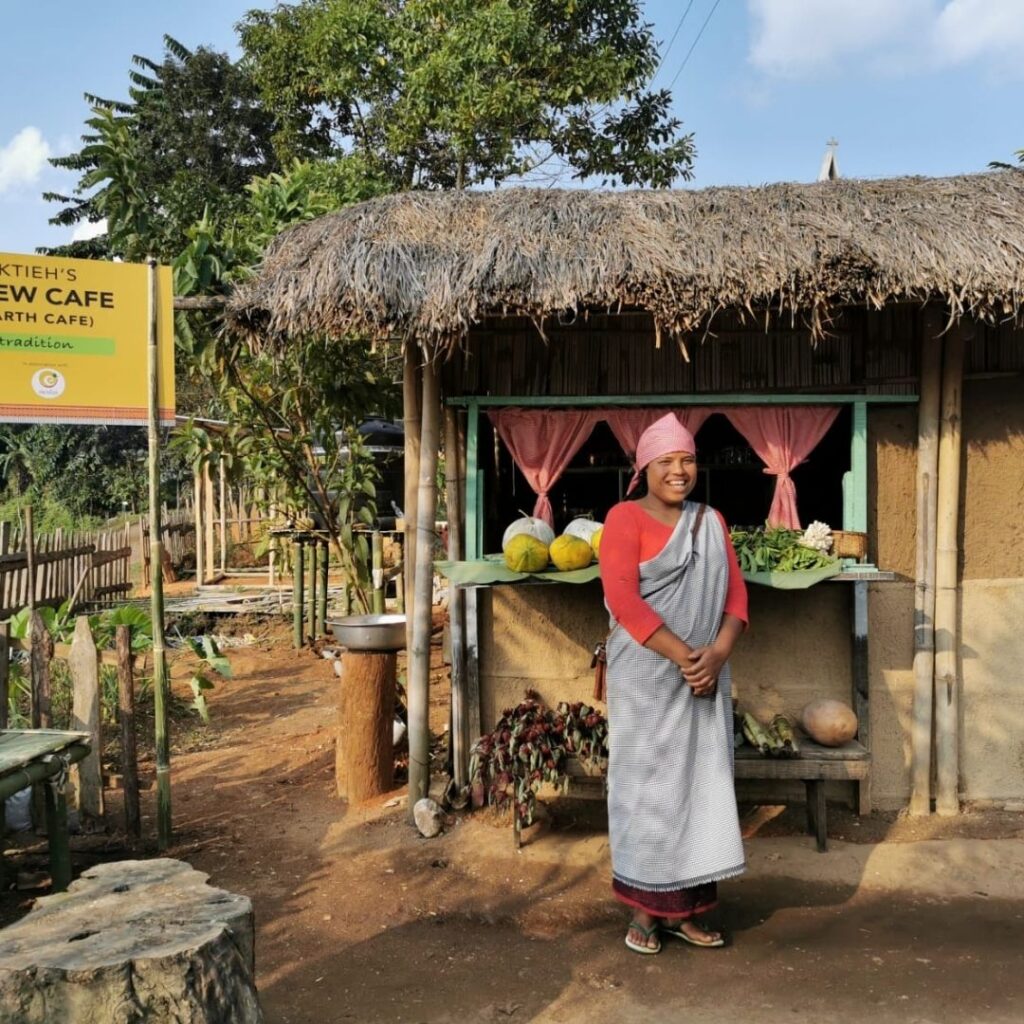
The bit on Meghalaya comes to an end with Kong Dial Muktieh explaining the sacredness of wild edibles and the intricate relationship between these foods and the Khweng community of Ri-Bhoi district. She explains how these wild edibles have to be plucked carefully without uprooting or killing the entire plant. In the later segments (28:21 – 29:06) of the podcast, Kong Dial discusses the importance of sustainable foraging so that no resources are exploited and that the generations that are to come will also be able to forage from the lands.
You can listen to the full podcast by clicking the link below:
“Foraged plants and insects – food gems of indigenous people”

